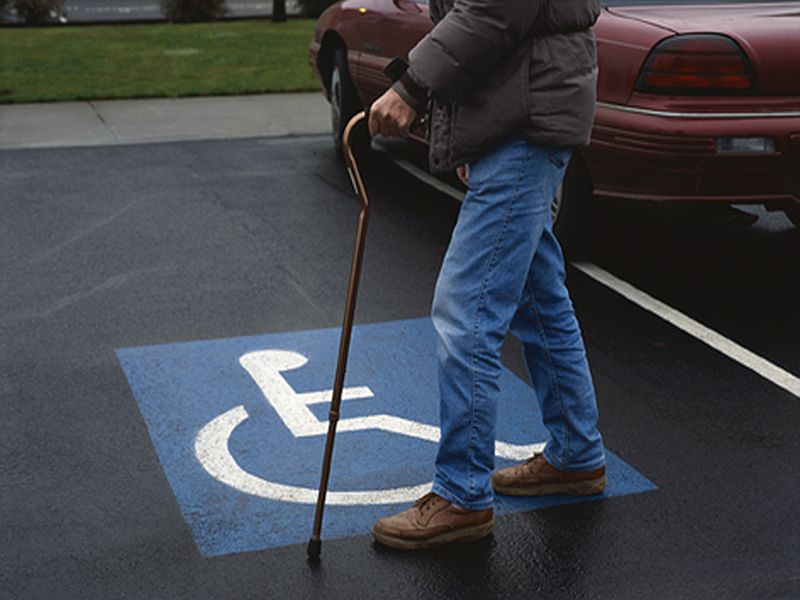
THURSDAY, April 25, 2019 (HealthDay News) -- Stroke survivors often face limited mobility, which quadruples their odds of osteoporosis, broken bones and falls. But most are never screened for these problems, new research reveals.
"Our study adds to previous research that found despite an increased risk, only a small number of people who have recently had a stroke are tested and treated for osteoporosis," said lead author Dr. Moira Kapral. She is director of general internal medicine at the University of Toronto.
Impaired mobility can result in bone mineral density decline, which is associated with osteoporosis. The condition weakens bones and increases risk of fractures.
In this study, researchers looked at more than 16,500 Canadian stroke survivors, aged 65 and older, from Ontario. Of these patients, only 5% had undergone bone mineral density testing; 15.5% had been prescribed medications for osteoporosis within the year after their stroke, and only a small percentage were prescribed medications for osteoporosis for the first time.
Patients most likely to have bone mineral density testing tended to be younger, female and to have had low-trauma fractures in the year after their stroke.
Patients were more likely to be prescribed medications for osteoporosis after their stroke if they were female, already had the bone-thinning disease, had previously broken bones, had previous bone mineral density testing, or had fallen or broke bones after their stroke.
The study was published April 25 in the journal Stroke.
"This study offers more evidence that there is a missed opportunity to identify people with stroke at increased risk of fractures, and to initiate treatment to prevent bone loss and fractures," Kapral said in a journal news release.
Less than one-third of older U.S. women are screened for osteoporosis. The maximum treatment rate for some high-risk patients is about 30%, the researchers pointed out.
More information
The U.S. Office on Women's Health has more about osteoporosis.
Back

The news stories provided in Health News and our Health-E News Newsletter are a service of the nationally syndicated HealthDay® news and information company. Stories refer to national trends and breaking health news, and are not necessarily indicative of or always supported by our facility and providers. This information is provided for informational and educational purposes only, and is not intended to be a substitute for medical advice, diagnosis, or treatment.






